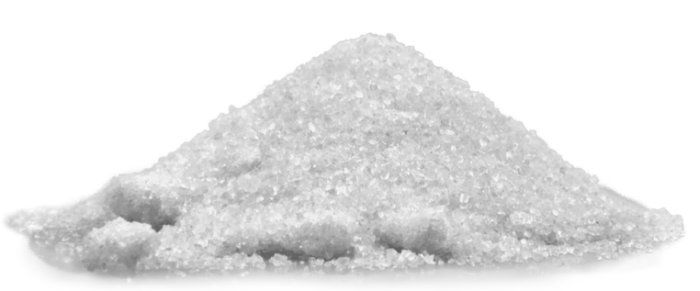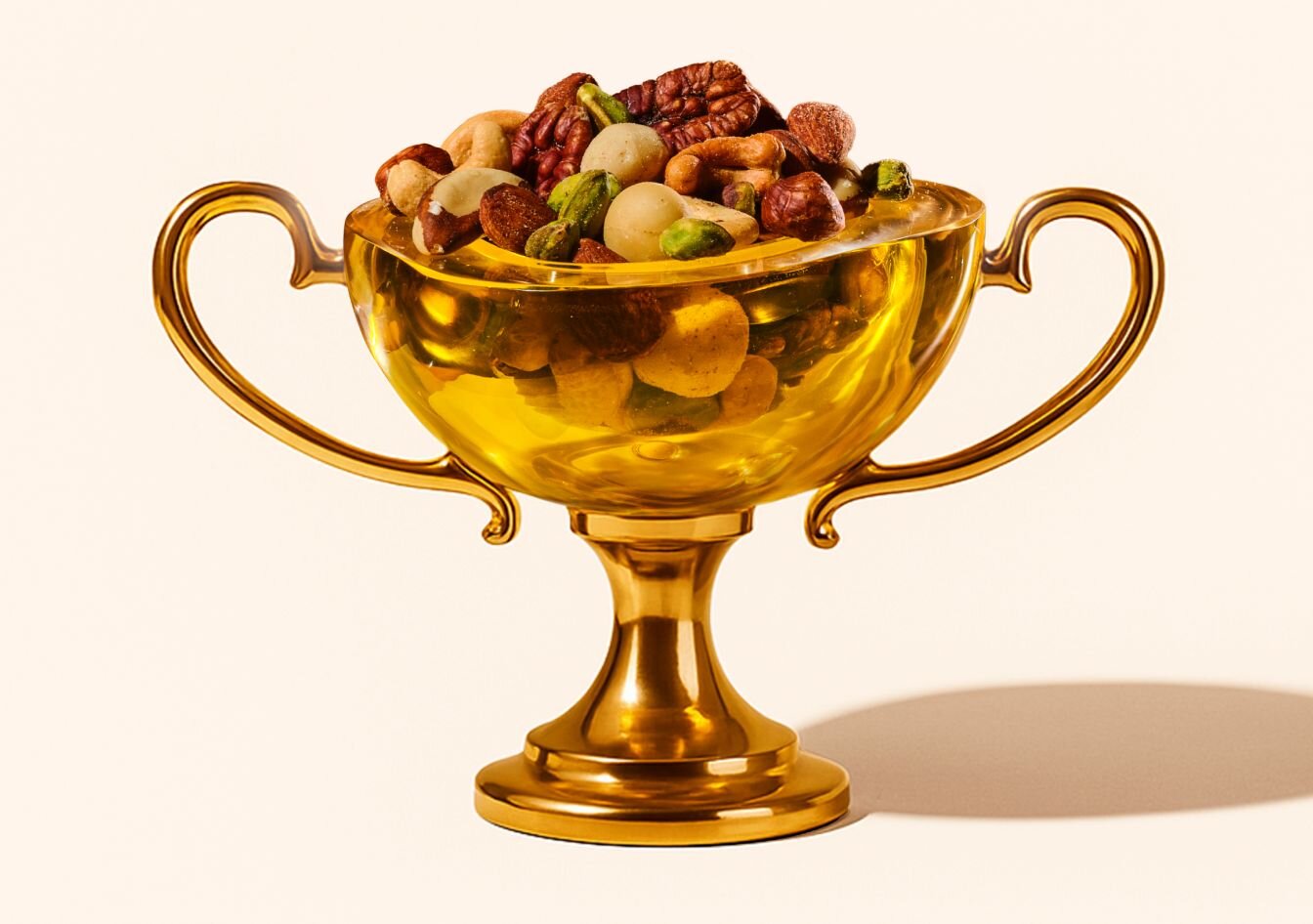Citric Acid
$8.49
Carousel Images
Citric Acid
Delivery Options
Overview
Shelf Life: Store in a cool dry place for up to 1 year. It is ok to refrigerate.
Origin: United States
Product ID: 7123
Shelf Life: Store in a cool dry place for up to 1 year. It is ok to refrigerate.
Origin: United States
Product ID: 7123
Citric acid is found naturally in several fruits and berries, and is commonly added to many foods and beverages as a preservative or for flavor. It has a tart taste, and is also known as lemon salt or sour salt. Many of our customers use our citric acid to clean dishwashers and dishes, or to make fizzy bath bombs (fun!).
What is Citric Acid?
Citric acid is completely natural, produced by cells during the Krebs cycle. The acid gets its name from the citrus fruit family, which includes lemons, limes, oranges, tangerines, and grapefruits. Citrus fruits, especially the more sour ones like lemons and limes, owe their sharp taste to citric acid.
How to Use Citric Acid in Food
Our customers have used our citric acid as an ingredient in pretty much everything: cheeses, ice cream, alcoholic beverages, breads, and more. Because of its characteristic tart flavor, citric acid is often added to soft drinks and sour candies – the white, powdery coating on sour candies is often citric acid).
Use citric acid in place of lemon juice: Although its flavor is slightly less complex than the flavor of a lemon, citric acid can be substituted literally anywhere lemon juice is used. An easy use of citric acid is to use it in place of lemon juice in homemade lemonade! Dissolve one teaspoon of citric acid and sugar and adjust to taste in a glass of water.
Keep fresh fruits from browning with citric acid: Use citric acid on cut fresh fruit and when making homemade canned goods instead of lemon juice. The acid has the same effect as lemons in preventing fresh fruit from browning and regulates the pH level in canned goods to prevent bacteria growth. You can even add citric acid to marinades, homemade jams, and more!
Use citric acid instead of salt: If you’re watching your sodium intake, citric acid can be used as a substitute for salt in sour breads, such as sourdough and rye. Substitute an equal amount of citric acid for salt for the same flavor and none of the sodium.
Add sourness to sweets: When you’re making homemade candy, finish it off with a coating of citric acid for the classic mouth puckering sourness. Or add it to soft drinks for a seriously lemony-lime soda.
Use citric acid as an aid in homemade foods: When you’re making homemade ice cream or cheese, citric acid helps you reach successful results. It acts as an emulsifier in homemade ice cream by keeping away fat globules. Added to cheese, citric acid helps the milk curdle and solidify.
Non-Food Uses for Citric Acid
There are also non-food uses to citric acid. Many of our customers use our citric acid to clean dishwashers and dishes or to make fizzy bath bombs (fun!).
One really fun use of citric acid is bath bombs. When you put a bath bomb in water, it will erupt and fizz, making for an enjoyable bath. Many people combine citric acid and baking soda to make homemade bath bombs, adding oils and fragrances for a pleasant aroma.
Citric acid’s mildly acidic properties make it a great cleaning agent. When added to dishwashing detergents, citric acid can soften water and remove hard water deposits from dishes, dishwashers, coffeemakers, kettles, and pipes (this is known as descaling).
Some people use citric acid in shampoos, skin care, and photography. It’s used in shampoos to lower the pH levels so hair will turn out smoother and shinier. In skin care, it may improve the health of skin cells by stimulating collagen production and acting as an antioxidant. When developing film, the citric acid is used to quickly stop the development of photos.
Health Benefits of Citric Acid
Studies have shown that citric acid can help your bones absorb calcium more easily. Its ability to easily bond with minerals aids the absorption and digestion of minerals. Citric acid can also help prevent small kidney stones from growing into larger, problematic stones. The citric acid coats the stones and prevents materials from sticking to them and making them larger.
You might consider keeping a container of citric acid around to take advantage of the acid’s many uses!
Ingredients:
Citric Acid. Packaged in the same facility as: Peanuts, Tree Nut, Wheat, Soy, Milk, Sesame, Fish, Shellfish, Egg, and Sulfites.
Nutrition Facts
Serving size 28g (~1 oz.)
| Amount per serving | ||
|---|---|---|
| Calories | 69 | |
| % Daily Value | ||
Total Fat 0g | 0% | |
Saturated Fat 0g | 0% | |
Trans Fat 0g | ||
Cholesterol 0mg | 0% | |
Sodium 0mg | 0% | |
Total Carbohydrate 28g | 10% | |
Dietary Fiber 0g | 0% | |
Total Sugars 0g | ||
Includes 0g Added Sugars | 0% | |
Protein 0g | ||
Vitamin D | 0% | |
Calcium | 0% | |
Iron | 0% | |
Potassium | 0% | |
The % Daily Value (DV) tells you how much a nutrient in a serving of food contributes to a daily diet. 2,000 calories a day is used for general nutrition advice
Customer Reviews
– 2 months ago
Jocelyn, Corvallis, Oregon
Verified purchaser
I meant to order powdered ascorbic acid, but ordered citric acid … read up on it and learned a lot… caution for anyone who thinks it’s vitamin C. Still lots of ways to use it, just be sure you don’t think it is vitamin C!!!
Featured Review
2 people found this review helpful
Size: 1lb bag
– October 23, 2024
2817, Fayetteville, North Carolina
Verified purchaser
The best! A perfect accompaniment to any food, or beverage! Perfect for travel!
Size: 1lb bag
Showing 2 of 55 reviews












